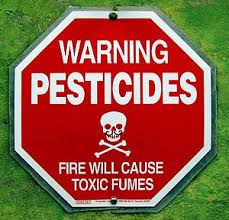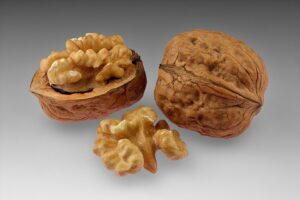
We love our wireless stuff - cell phones, laptops, and so many other devices. Manufacturers making these devices say the wireless radiation exposure from these devices is safe, but is it? Independent researchers have been raising concerns for years over wireless radiation (RF radiofrequency electromagnetic field or RF-EMF) exposures, while industry researchers say it's completely safe. Which is it?
Australian researchers recently analyzed more than 500 scientific studies and found that "evidence reveals that RF-EMF exposures may be genotoxic (damaging to DNA) and could pose a cancer risk". They pointed out that:
"Genetic alteration [damage] is a well-established trigger for cancer development (10). Genotoxicity is the ability of a physical or chemical agent to induce genetic damage, which may result in genetic mutations (11), and represents a critical pathway to cancer."
They also found strong evidence of bias in research design and results, with the funding of each study most important in determining results. 74% of the studies (done by independent researchers) reported genetic damage in both humans and animals from wireless radiation exposure. On the other hand, industry research funded by industry tended to find that there are no problems to health ("null results").
Now needed: Time for manufacturers to focus on lowering wireless radiation from the devices, antennas that point away from the body, and more caution and research on 5G towers and radiation.
From Environmental Health News:
A recent review published in Frontiers in Public Health analyzing more than 500 studies found that a substantial body of scientific research has reported genetic damage from wireless radiation exposure in both humans and animals.
-
- Over half of the studies showing DNA damage found impacts at wireless exposure levels below the safety limits of most countries.

 Exercise helps fight cancer. Wow! What a headline. But is it true?
Exercise helps fight cancer. Wow! What a headline. But is it true? The following news should concern everyone. So far 2 states (
The following news should concern everyone. So far 2 states ( This legislation is moving forward in a number of
This legislation is moving forward in a number of  Many people (even health professionals) are still under the impression that dairy products made from milk are unhealthy. NOT TRUE. Consuming dairy products, especially whole milk products, is
Many people (even health professionals) are still under the impression that dairy products made from milk are unhealthy. NOT TRUE. Consuming dairy products, especially whole milk products, is


